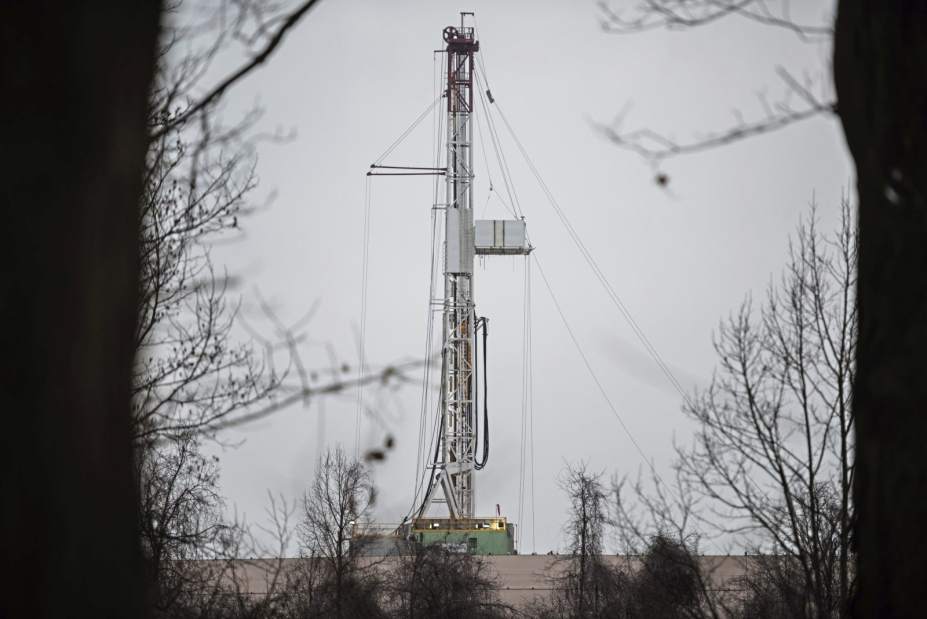Allegheny Township property owners taking fracking fight to Pa. Supreme Court
Allegheny Township property owners are asking the Pennsylvania Supreme Court to appeal a ruling that allows unconventional gas drilling in all of the township’s zoning districts.
The plaintiffs are asking the Supreme Court to review a Commonwealth Court ruling that they believe infringed on their “fundamental and constitutionally-protected property and environmental rights.”
The appeal was filed Nov. 26 by the plaintiffs and Willowbrook Road residents Dolores Frederick, Patricia Hagaman and Beverly Taylor. The defendants include Allegheny Township, its zoning hearing board, CNX Gas Co. and other township residents.
They have been challenging a series of court rulings stemming from CNX Gas Co. in October 2014 winning approval to install an unconventional natural gas well pad, which is used in fracking, within 1,200 feet of township homes.
The gas well pad site is on the property of a neighboring farm owned by John and Anne Slike and Northmoreland Farms LP, who are among the defendants in the case.
Specifically, the plaintiffs take issue with Allegheny Township’s enactment in 2010 of a zoning ordinance amendment providing for oil and gas drilling operations in all of the township’s zoning districts. They have argued that the intensive hydraulic fracturing process — fracking — and horizontal drilling used to tap deep gas reserves constitute an industrial use.
Last month, the Commonwealth Court ruled 5-2 to deny an appeal by Allegheny Township property owners who tried to overturn multiple rulings that allow unconventional gas drilling in all of the township’s zoning districts.
Bernie Matthews, solicitor for Allegheny Township, was not surprised to learn of the request to the Supreme Court. There have been a number of local ordinance challenges regarding oil and gas drilling that have made it to the state’s top court, he said.
For the Allegheny Township case, Matthews said the Allegheny Township case “still gets down to the following flaw: They argue that the ordinance does not go far enough to regulate environmental effects, and we have no legal obligation to regulate at all through zoning.”
Although the state Supreme Court is asked to consider a number of cases, the plaintiffs’ attorney Christopher Papa, of New Castle, felt that the court would take the case. Papa said that the implications from the Allegheny Township case could be far-reaching because it covers residential property rights and zoning.
“When you buy residential, you are not buying industrial and that is what this is about,” he said.
If the Commonwealth Court ruling is allowed to stand, Papa said it would completely undercut traditional zoning.
“The whole purpose of which is to segregate industry from residents,” he said.
Mary Ann Thomas is a Tribune-Review staff writer. You can contact Mary Ann at 724-226-4691, mthomas@tribweb.com or via Twitter @MaThomas_Trib.

